Protein powder and lifting weights are inextricably linked and have been so for many years. Championed in bodybuilding magazines since their inception, protein powders have gone through several transformations as our understanding of nutrition has improved. Early protein powders were digestively unfriendly egg-based powders but most modern protein powders are made from gut-friendly whey – a by product of cheese manufacture.
Just because you lift weights doesn’t automatically mean you have to make protein powders part of your diet despite what the magazines and their adverts might tell you but they can be useful in certain circumstances…
To build muscle, your body needs protein or, more specifically, the amino acids contained in protein. If you don’t have enough protein your muscles will lack the necessary building blocks that are required to make them bigger and stronger. Eating plenty of meat, fish and eggs can go a long way to ensuring that you get sufficient protein but how much is enough? The answer to that question is it depends.
Although there is some disagreement, the consensus is that strenuous exercisers need around 1.5 to 2.0 grams of protein per kilo of bodyweight so if you weigh 85kg, you need around 127.5 to 170 grams of protein per day. As too little protein can inhibit strength and muscle gains, it’s a good idea to aim for the higher end of this scale to be on the safe side.
Arguably the best way to get sufficient protein in your diet is to eat “real” food that, in addition to protein, also contains essential vitamins, minerals, and other nutrients but this is not always possible. That’s when protein powder can be very useful.
When you are on a diet
Most high protein foods also contain a lot of fat – meat and eggs being prime examples. When you are dieting for fat loss, there is a real danger that you will lose muscle mass and this problem becomes more serious if your diet is low in protein. Protein has a muscle-sparing effect so it is essential that, even if you are dieting hard to get as lean as you can, you don’t skimp on protein. Most protein powders are very low in fat and carbs so you can keep your protein intake high while keeping your calorific intake relatively low. Replacing some of your normal protein sources with protein powder is an easy way to cut calories without sacrificing your hard-earned muscle mass.
If you cannot eat as often as you’d like
Most strength training experts agree that you should eat little and often to ensure your muscles have a steady and uninterrupted supply of nutrients. An uninterrupted supply of amino acids results in something called a positive nitrogen balance which is all but essential for muscle growth. Unfortunately, while eating six or more times a day might be ideal, it’s not always practical – especially if you work in an office where chowing down on chicken leg will be looked upon with disdain! Protein shakes can be consumed covertly, quickly and cleanly in almost any environment and are ideal for when eating real food would be impossible.
If you are a heavyweight
The bigger you are, the harder it can be to eat enough protein. A 250lbs/113.5kg bodybuilder needs 227 grams of protein which is a lot of meat, fish and eggs. In addition to carbs and fat, this is a lot of food and unless you really want to sit down to five big meals a day, such a high volume of food can be prohibitive and uncomfortable. Adding protein shakes to main meals as well as snacks makes it much easier for heavyweights to get enough protein.
You have a poor appetite
Some people have poor appetites and seldom feel hungry. While this can be a good thing in some ways as gaining fat is less of a problem, for others this means that they don’t eat enough to optimally fuel muscle growth. A protein shake blended with a banana and some peanut butter makes for an ideal non-filling between meals snack that is an ideal source of calories and protein for even the most seldom hungry hard gainer. If you are struggling to gain weight despite paying your dues in sweat in the gym, in the majority of cases it’s your diet that is at fault so adding a couple of protein shakes a day makes good sense in this instance.
To kick start your post-workout recovery
The sooner you eat after a workout, the sooner your body can start repairing the damage caused by your training session and building new muscle. Ideally, you should eat a high protein meal as soon as your last set is complete. However, some people find that because of time constraints or simple lack of hunger, chowing down on a big tuna sandwich after a workout is just not practical. If you find it hard to eat immediately after a workout, an easily digested, refreshing protein shake makes for an ideal post-training meal. Shoot for around 30 to 50 grams of protein and 50 to 100 grams of simple carbohydrates to really kick-start your recovery.
Protein powders are not magic – they are only beneficial if you train hard and eat well generally. However if, for any reason, you find it hard to consume enough protein, they can be very useful. Remember though, protein powder is a supplement and should not replace real food but merely be consumed in addition to an already good diet.

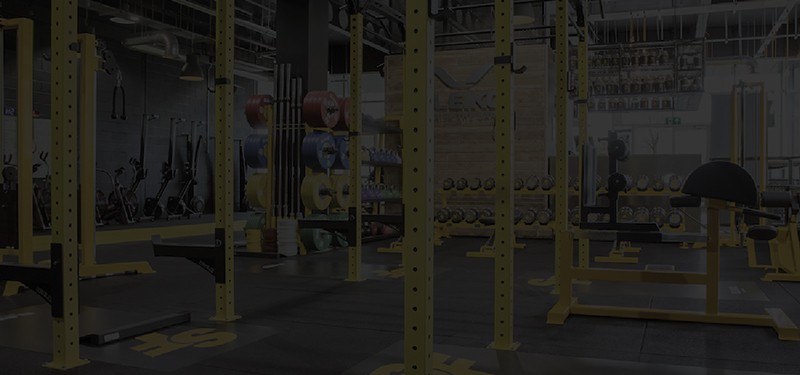
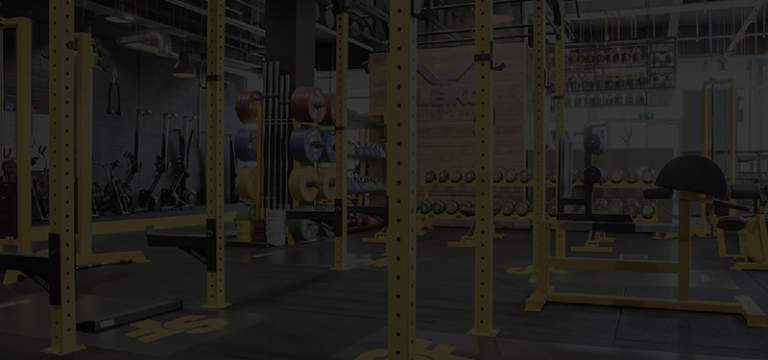
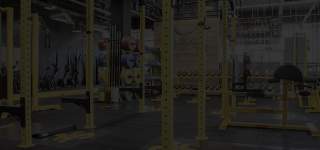
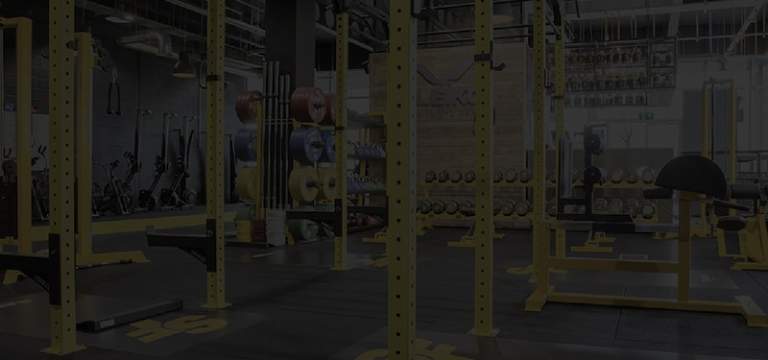
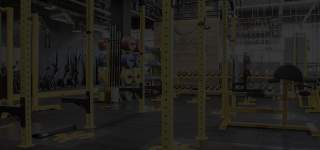
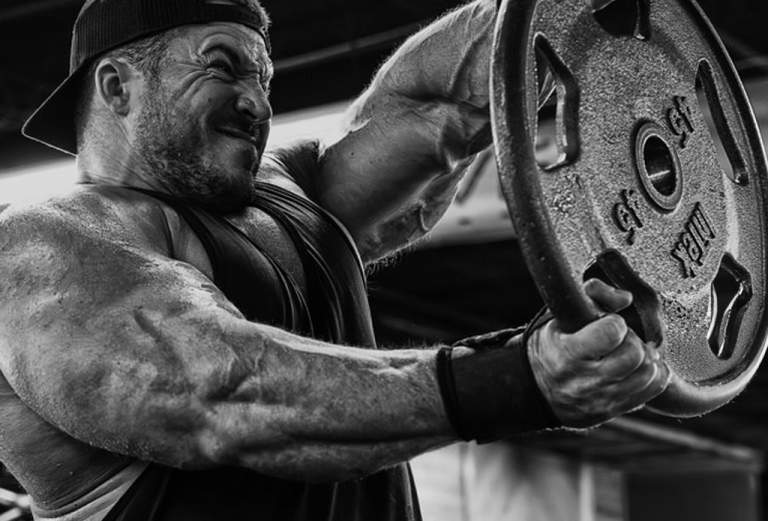
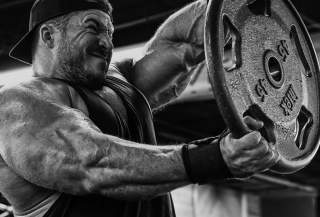
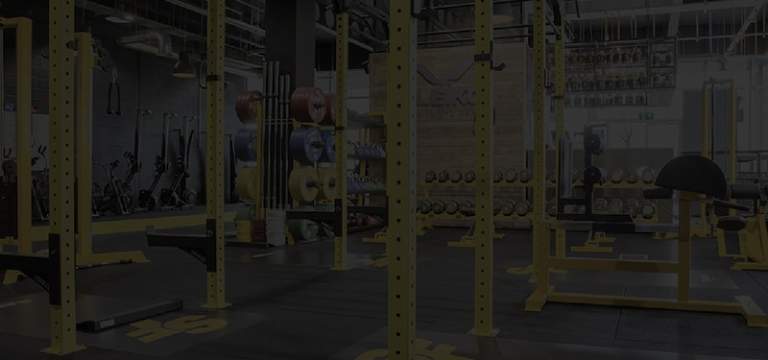
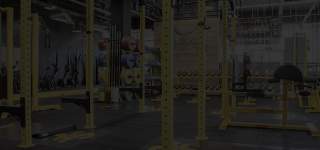
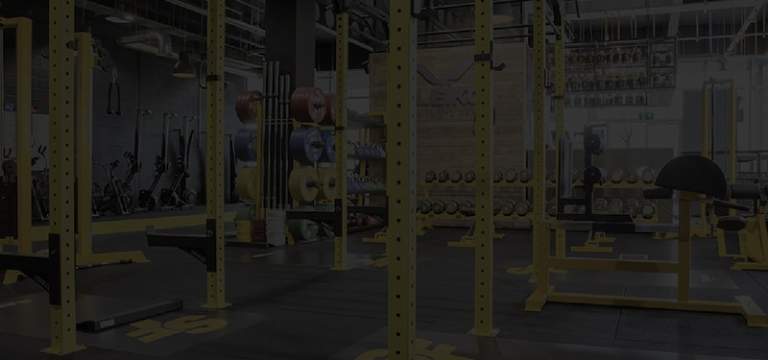
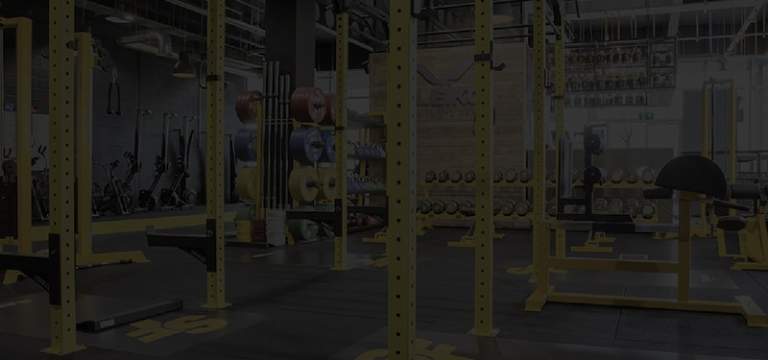
2 Comments
Comments are closed.